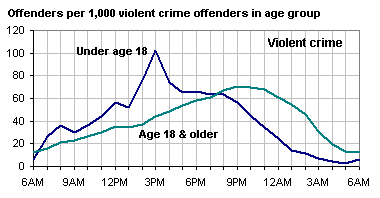a seattle high school has started a program called “dads in the halls” in which fathers, uncles, and male mentors are invited to spend a few hours in the school on designated days interacting with the students and teachers. as the seattle times reports, the program is designed to increase fathers’ participation in their kids’ lives at school and to also serve as role models for other students.
this seems like a good idea — low cost investment with real potential to let young people know that men in their community care about them. i know how lucky i was to have a new father come into my life when i was 13 and to have him totally accept me as his own. he has been a wonderful father and mentor and his love, support, and guidance have helped to shape who i am. i hope the “dads in the halls” program continues and grows and i hope today’s young people can receive the same kind of support and encouragement.
happy father’s day.

 i personally discovered obscene recordings back in elementary school. a friend had somehow obtained comedy albums by cheech and chong, richard pryor, george carlin, and redd foxx on one of those “get 14 records for a penny!” record club promotions. the sexual references surely sailed over our heads, but we knew this stuff had to be funny and guffawed accordingly.
i personally discovered obscene recordings back in elementary school. a friend had somehow obtained comedy albums by cheech and chong, richard pryor, george carlin, and redd foxx on one of those “get 14 records for a penny!” record club promotions. the sexual references surely sailed over our heads, but we knew this stuff had to be funny and guffawed accordingly.






